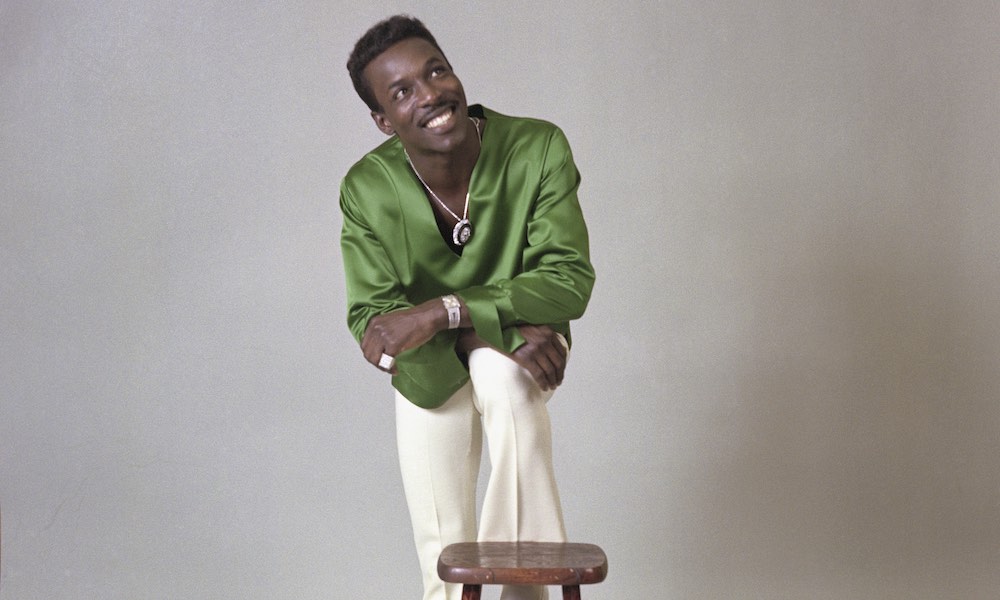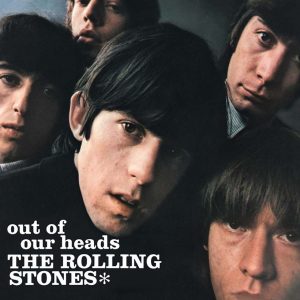“Na na na na na…” So far, that could be an excerpt from one of several classic hits. But if you keep singing “…na na na na na na na na na na” and then add another “na na na na” for good luck, and imagine a gruffly soulful lead vocal, then you have entered the “Land Of 1,000 Dances.”
That’s what American R&B and pop fans were doing from coast to coast in the chart week of July 30, 1966, as the immortal Wilson Pickett single on Atlantic entered the Hot 100. The wicked Pickett’s version has become the definitive reading of “Land Of 1,000 Dances” to many, but it’s a song with a chequered history – and no fewer than five other recordings of it made the Billboard pop chart.
That’s before you factor in many other covers, including one by Fats Domino. Some releases of “Dances” list Fats as co-writer, a credit he’s said to have received from its composer, Chris Kenner, in exchange for recording the number.
The first chart entry with it was for Kenner, the Louisiana artist who had hit big with “I Like It Like That” in 1961. He gave it a suitably southern treatment, initially much different in feel from Pickett’s more familiar version. Helped by the piano playing and arranging of the great Allen Toussaint, it reached No.77 in America in 1963. As you can hear, there wasn’t yet a “na na” in sight.
Many other covers soon accrued, including those by the Miracles, Major Lance, Rufus Thomas, Johnny Rivers, and even the Walker Brothers. But the rendition that added the distinctive vocal touch was the one by Cannibal and the Headhunters, the Latino vocal group from California, who reached No.30 in the US in 1965. A rival recording by Mexican-American rock outfit Thee Midnighters reached No.67.
Pickett got his hands, and his mighty larynx, on the song in 1966, in his first sessions at FAME Studios in Muscle Shoals, with a stellar band including Spooner Oldham on keyboards and Jimmy Johnson on guitar. Indeed, the success of Wilson’s version played a big part in building the profile of the studio, which soon became Atlantic’s soul destination of choice, and soon that of many rock artists besides.
The Pickett single entered the US pop chart at No.76, and climbed all the way to No.6; after debuting on the soul chart a week later, it would spend a week at No.1 R&B in September. Subsequent versions by Electric Indian (1969) and the J. Geils Band (1983) also charted, amid endless remakes by Tom Jones, Little Richard, Roy Orbison, Tina Turner, and dozens more.



